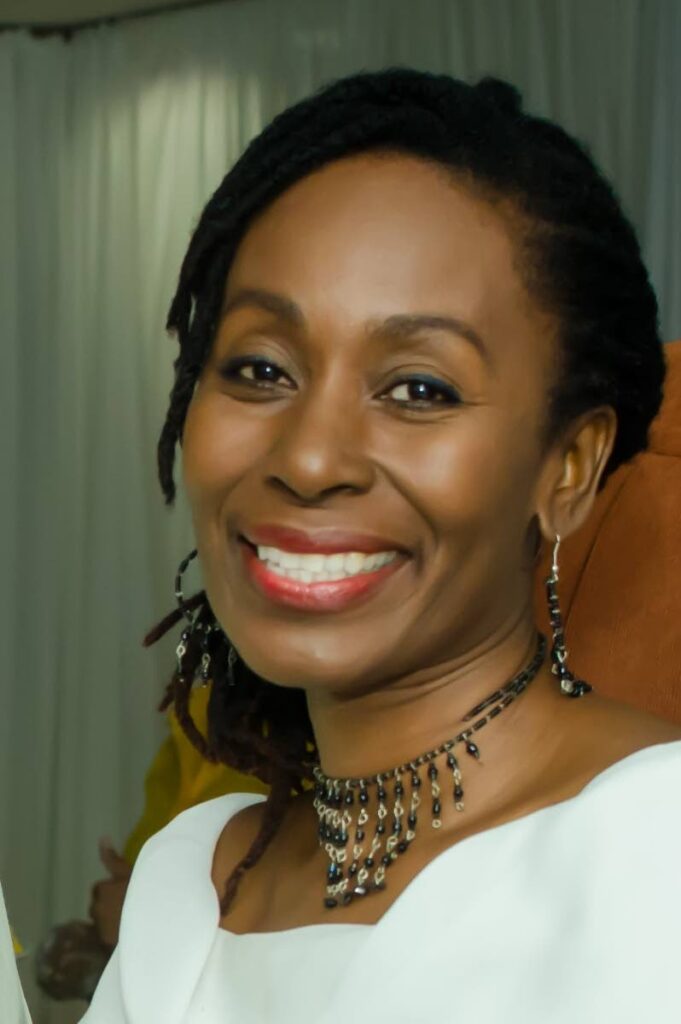Legacy of the Asante

Culture Matters
Emancipation 2023
Dara E Healy
Ghana
Ghana is the name
Ghana
We wish to proclaim
We will be jolly, merry and gay
The sixth of March independence day
– Lord Kitchener, Birth of Ghana
EVER WONDER why in TT we say someone “nyam” down (eat) their food, perhaps with a little too much enthusiasm, or so-and-so like to cause too much basabasa (confusion), or we have a friend who loves to tell ’nansi stories or untruths? Where did names like Kwesi, Akosua, Kofi, Ama or Yao come from? And what about, perhaps the most famous word of all, obia?
These are just some examples of our enduring connection with Ghana, one of the nations on the west coast of Africa from which many of our ancestors were transported.
While the upcoming visit of Asantehene (King) Otumufo Osei Tutu II is interesting in an abstract sort of way, I am searching to understand how his visit will impact the people of our society, particularly those of African heritage, beyond official duties published in the media?
Will the presence of African royalty from a history of conquest and heroines like Nana (Queen Mother) Yaa Asantewaa of Ejisu, who led an army against British colonialism, become known to our schoolchildren and young people?
I doubt it. I still remember images of president Obama interacting with Brian Lara and others of a certain stature, the hasty beautification of “Beetham Gardens” and then, well, he left. This in stark contrast to the president’s visit to Jamaica where he started his speech at a town hall meeting with “Greetings massive! Wha gwaan Jamaica?”
So, because I understand "suh it ah guh" in this place, I thought you would appreciate some context. By the late 17th century, the Asante (Ashanti is the anglicised spelling) had built a vast empire along the west coast of Africa.
Known for their military organisation and ferocity as warriors, they conquered other nations and acquired significant land and power. However, it was the vast quantities of gold that attracted the Europeans who referred to the area as the Gold Coast. They traded gold for guns and other items.
In the Caribbean, the Akan peoples of Ghana developed a reputation for their bravery. It is said that they were among the fiercest of the enslaved people brought here, with rebellions across the Caribbean inspired by Akan resistance. The Asante also successfully fought to protect their Golden Stool – symbol of royalty and divine protection – from being sat on and taken away by the British.
The philosophy, values and way of life of the people of Ghana are found in various aspects of their culture. For instance, Adinkra symbols are ancient sources of wisdom which were initially printed on fabrics for royalty only. Sankofa, one of the more popular ones, shows a bird walking but looking behind, referring to the importance of learning from one’s mistakes. Akoma, the heart, represents attributes such as patience, faithfulness and consistency.
The Ghanaian influence is present in TT folklore. There is the ancestral link between humans and Mother Nature through spirits like Papa Bois and the beautiful Mama D’leau (mother of the waters) – Mama Glo as we say. There are also destroyers of life like the sukuyã (soucouyant).
“Is why dey did give we so much salt dis and salt dat, so we get tie down to the earth and forget how to fly!” Ma Sandrin in Eintou Springer’s Freedom Morning Come, understands the story of Titi’s husband who flew back to Africa. In Ghanaian and African cosmology, the concept of Africa as home is deeply entrenched.
In Tobago, it is said that Gang Gang (midwife) Sarah could not return because she had eaten salt. There is a lesson in such stories that we must better manage our health, which many historians mainly associate with enslavement.
Space does not allow me to share more about our bond with Ghana. But I will encourage you to discover that Ghana is only one of Africa’s kingdoms. Learn about Anansi; understand that he is the son of Nyame, Sky God and holder of all the stories. Research the connections and do your part to empower the African children of our nation. Help them recognise that they too have an ancient, awesome heritage.
A visit from African royalty may offer some prestige, but we must do the work to give such occasions lasting meaning for the people of our nation.
Dara E Healy is a performance artist and founder of the Indigenous Creative Arts Network – ICAN


Comments
"Legacy of the Asante"